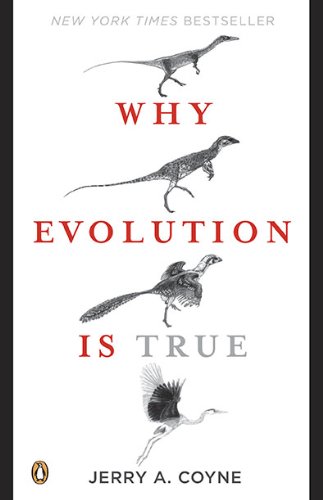Hippopotamus as Closest Relative to the Whale
good candidate is the hippopotamus, which, although closely related to terrestrial mammals, is about as aquatic as a land mammal can get. (There are two species, the pygmy hippo and the “regular” hippo, whose scientific name is, appropriately, Hippopotamus amphibius.) Hippos spend most of their time submerged in tropical rivers and swamps, surveying their domain with eyes, noses, and ears that sit atop their head, all of which can be tightly closed underwater. Hippos mate in the water, and their babies, who can swim before they can walk, are born and suckle underwater. Because they are mostly aquatic, hippos have special adaptations for coming ashore to graze: they usually feed at night, and, because they’re prone to sunburn, secrete an oily red fluid that contains a pigment—hipposudoric acid—that acts as a sunscreen and possibly an antibiotic. This has given rise to the myth that hippos sweat blood. Hippos are obviously well adapted to their environment, and it’s not hard to see that if they could find enough food in the water, they might eventually evolve into totally aquatic, whale-like creatures.
[...]
It’s been recognized since the seventeenth century that whales and their relatives, the dolphins and porpoises, are mammals. They are warm-blooded, produce live young whom they feed with milk, and have hair around their blowholes. And evidence from whale DNA, as well as vestigial traits like their rudimentary pelvis and hind legs, show that their ancestors lived on land. Whales almost certainly evolved from a species of the artiodactyls: the group of mammals that have an even number of toes, such as camels and pigs.?? Biologists now believe that the closest living relative of whales is—you guessed it—the hippopotamus, so maybe the hippo-to-whale scenario is not so far-fetched after all.
Notes:
A list of the traits hippos exhibit that make the land mammal a likely candidate for being related to the whale.
Folksonomies: evolution transition
Taxonomies:
/pets/large animals (0.801125)
/pets/reptiles (0.361763)
/family and parenting/babies and toddlers (0.325513)
Keywords:
traits hippos exhibit (0.993739 (positive:0.375186)), whale. good candidate (0.692533 (positive:0.375186)), oily red fluid (0.619262 (negative:-0.324027)), Hippopotamus amphibius (0.596552 (neutral:0.000000)), Closest Relative (0.472880 (positive:0.375186)), pygmy hippo (0.450754 (neutral:0.000000)), terrestrial mammals (0.449718 (neutral:0.000000)), likely candidate (0.436091 (positive:0.375186)), suckle underwater (0.424627 (negative:-0.344156)), Whale A list (0.424236 (positive:0.375186)), land mammal (0.422644 (neutral:0.000000)), whale-like creatures (0.412386 (neutral:0.000000)), closest living (0.399216 (neutral:0.000000)), vestigial traits (0.392770 (negative:-0.267630)), rudimentary pelvis (0.389768 (negative:-0.267630)), tropical rivers (0.381990 (negative:-0.290657)), sweat blood (0.380613 (negative:-0.680941)), seventeenth century (0.378442 (neutral:0.000000)), hind legs (0.377782 (negative:-0.267630)), pigment—hipposudoric acid—that (0.375247 (negative:-0.324027)), hippo-to-whale scenario (0.374860 (negative:-0.672439)), pigs.?? Biologists (0.366720 (neutral:0.000000)), whale DNA (0.358230 (neutral:0.000000)), whales (0.283933 (neutral:0.000000)), species (0.202884 (neutral:0.000000))
Entities:
sunburn:HealthCondition (0.779895 (negative:-0.689193))
Concepts:
Mammal (0.973600): dbpedia | freebase | opencyc
Hippopotamus (0.809279): dbpedia | freebase | opencyc
Cetartiodactyla (0.647992): dbpedia | freebase | yago
Cetacea (0.581923): dbpedia | freebase | opencyc | yago
Even-toed ungulate (0.485819): dbpedia | freebase
Evolution of cetaceans (0.473835): dbpedia | freebase | yago
Elephant (0.435733): dbpedia | freebase | opencyc
Pygmy Hippopotamus (0.415335): dbpedia | opencyc | yago





